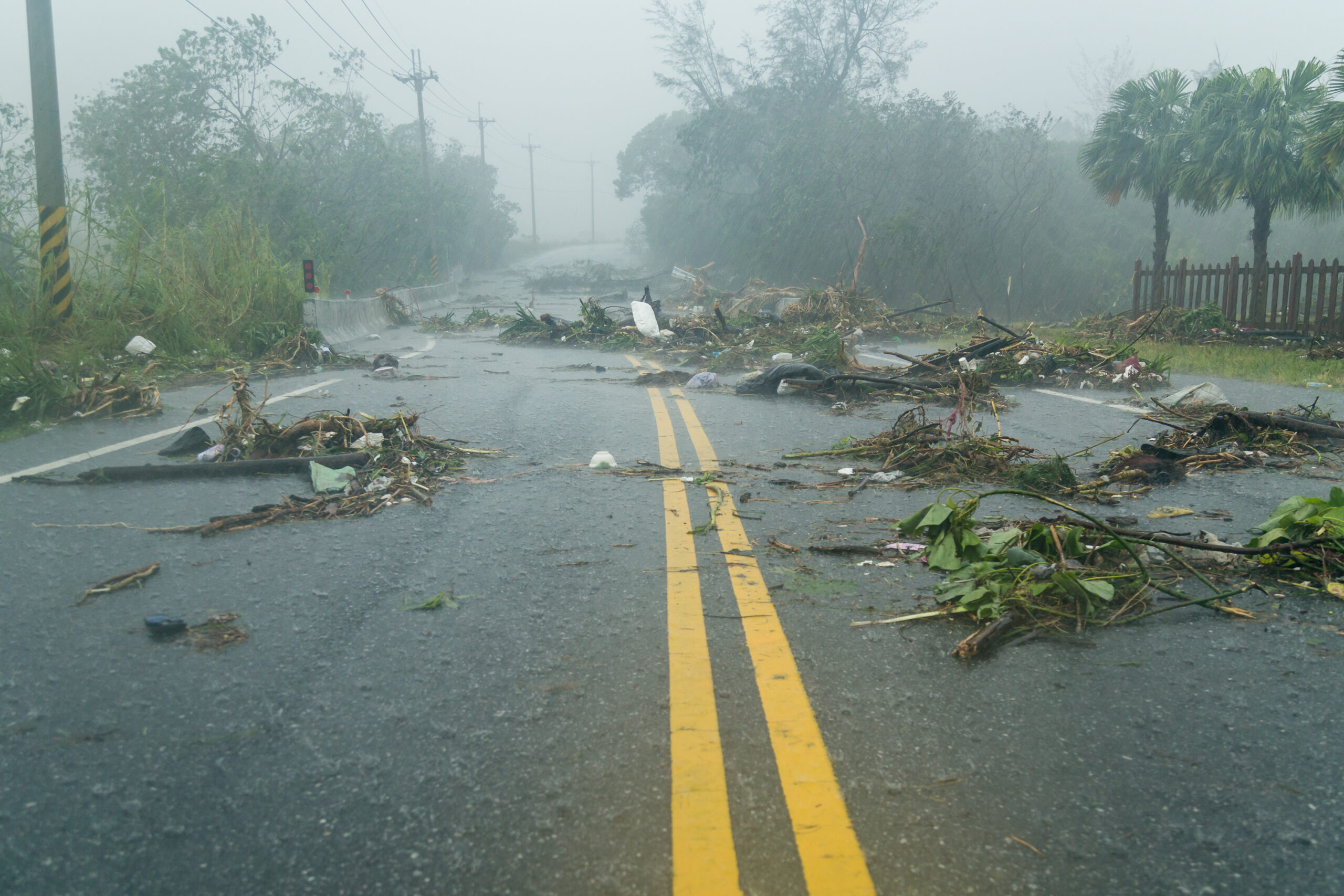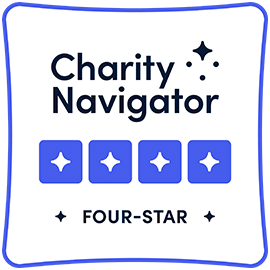Making the Most of Advance Notice
March 15, 2017 – While the debate on whether Winter Storm Stella was ‘a bust’[1] or not may fade as quick as the snow accumulation here in Washington, D.C., the preparedness practices it helped reinforce shouldn’t.
Whether its significant ice, snow, or extreme temperatures in the forecast, communities and individuals can – and should – take advantage of the lead time afforded by weather advisories. We saw local officials doing this to a great extent this past week, such as NYPD posting comprehensive preparedness checklists and Philadelphia posting a list of helpful contacts, and hundreds of others. The private sector similarly took advantage of the advance notice, using the time to forecast needs and adjust their operations accordingly, ensuring their services remained available to the greatest extent possible.
With spring just five days a way, we wanted to recap other best practices we saw during Stella – and not just for winter weather events, but any event with lead time. As the Oroville Dam evacuations reminded us, events impacting health are not limited to hurricanes and winter storms.
- Ensure you and loved ones have adequate medication(s). We really can’t emphasize this one enough. Know your state’s laws on emergency refills and be sure to check out relevant policies, such as Medicare and Medicaid’s and TRICARE. A good rule of thumb is to maintain a seven-day supply.
- Record your medication information using an Rx on the Run card, and share with a trusted family member or friend.
- Charge your devices. Consider investing in an external charger as well, for extra security.
- Have contact info for your power provider (and follow them on social media to get the most recent updates). Remember that if you rely on a medical device requiring power, you could be placed on a priority restoration list.
- Know your neighbors. Neighborly assistance can go both ways – both offer your help, but also ask for help if you require it, especially if it is related to your or your family’s health.
Some of these might seem obvious, but are small, vital steps to ensuring that you stay healthy during a storm. If these steps are obvious, that excites us because it means preparedness is becoming more and more engrained in our daily lives. But as we’ve said on this blog before, preparedness and resilience are not boxes we can check, marking them ‘complete.’ As we saw with Winter Storm Stella, not as much snow fell as predicted, and not as many people lost power as predicted – but significant snow still fell, and thousands of people still did lose power. So let’s remember Stella not just as a winter storm that came pretty much during spring, or one that ‘was a dud,’ but as one that underscored the value of preparing.






